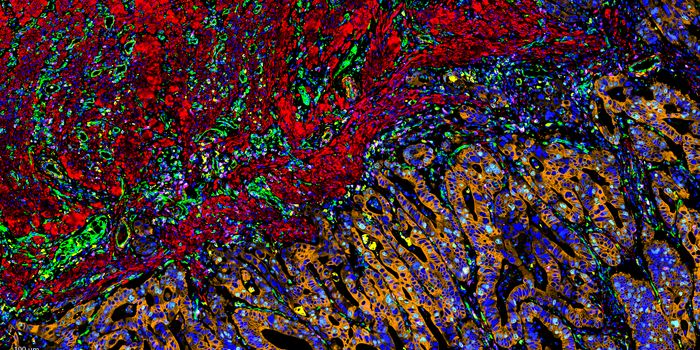Hearing Loss in Kids With Cancer: Reading Difficulties, Possible Solutions
Young people who survive brain tumors and experience severe hearing loss can struggle with developmental reading skills, an international study in the Journal of Clinical Oncology finds. Investigators from St. Jude Children's Research Hospital led the study, which evaluated the fundamental reading skills of 260 children and teens who survived brain cancer. A total of 64 of the youth in the study had severe sensorineural hearing loss (SNHL). The others had intact hearing or mild to moderate SNHL.
"There had been hints in the scientific literature that reading was declining in pediatric brain tumor survivors, and that hearing loss may be a contributor. But, this is the first study to identify the key cognitive components that lead to reading problems,” senior author Heather Conklin, Ph.D., of the St. Jude department of psychology, said.
The researchers tested the children and adolescents’ abilities in relation to eight skills and traits considered to be the “building blocks” of reading, including working memory, letter-word identification, information processing speed and phonological skills, like the ability to use specific units of sounds, or phonemes, to decode words. An example of an English phoneme is /k/, which occurs in words like cat, kit and skit.
The young people with severe hearing loss performed “significantly worse” on all variables compared to the others, except for on the tasks assessing awareness of sounds and working memory. Upon further analysis, the authors found four variables were significantly lower for children with severe SNHL: phonemic skills, phonetic decoding, reading comprehension and speed of information processing.
According to EurekAlert, another author, Traci Olivier, Psy.D., stated the findings suggest reading interventions for these populations should focus on skills like processing speed and phonemics before taking on the complex task of full reading comprehension. But, further research is required to determine when and how to try to bolster the reading skills of young cancer patients, as well as into how cochlear implants or hearing aids come into play
Another recent St. Jude study found 32 percent of a group of brain tumor patients between the ages of three and 21 developed severe hearing loss within several years of treatment.
Sources: Journal of Clinical Oncology, EurekAlert










